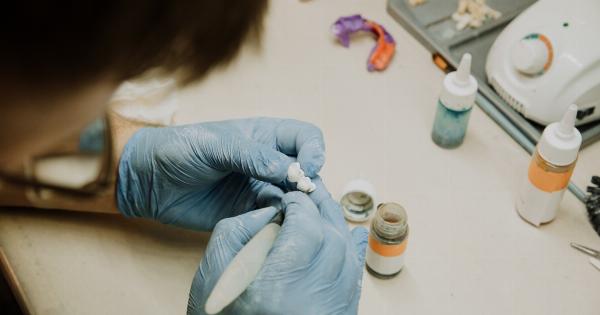Coffee is a popular beverage consumed worldwide with around 400 billion cups being consumed annually. It contains caffeine, which is a natural stimulant that can enhance brain function, improve mood, and boost metabolism.
Many people drink coffee to stay awake, increase cognitive function, and feel energized. However, caffeinated beverages, including coffee, can also cause negative effects on the body if consumed in excessive amounts. One of the common questions many people have is how long coffee lasts in the body.
In this article, we will explore the answer to this question and the factors that influence how long caffeine stays active in the body.
What is caffeine?
Caffeine is a natural psychoactive stimulant found in coffee beans, tea leaves, cocoa beans, kola nuts, and drinks such as energy drinks and soft drinks.
It belongs to a group of compounds called methylxanthines that can stimulate the central nervous system and increase alertness and mood.
How does caffeine affect the body?
Caffeine is rapidly absorbed into the bloodstream and can reach its peak concentration in the blood within 30-60 minutes after consumption.
It can cross the blood-brain barrier and bind to adenosine receptors present in the brain, which are responsible for promoting sleep and relaxation. By blocking adenosine receptors, caffeine can increase the activity of other neurotransmitters like dopamine and norepinephrine, leading to increased alertness, improved cognitive performance, and enhanced mood.
Caffeine can also stimulate the sympathetic nervous system, which can increase heart rate, blood pressure, and breathing rate. It can also cause the release of glucose from the liver, leading to elevated blood sugar levels.
These effects can provide an energy boost to the body and improve physical performance.
How long does caffeine last in the body?
Caffeine has a half-life of about 5-6 hours in the body, which means that it takes about 5-6 hours for the body to eliminate half of the caffeine consumed.
For example, if you drink a cup of coffee containing 100 mg of caffeine, you will have 50 mg of caffeine remaining in your body after 5-6 hours. This means that caffeine can stay active in the body for up to 10-12 hours, depending on individual factors.
Factors that influence caffeine metabolism
The time that caffeine lasts in the body can vary from person to person based on many factors, including:.
1. Genetics
Genetics play a significant role in determining how long caffeine stays active in the body. Some individuals have genetic variations that affect the enzymes responsible for caffeine metabolism, leading to slower or faster caffeine clearance.
For instance, individuals with a slow metabolism of caffeine may feel its effects for a more extended period than those with a fast metabolism.
2. Age
Age can also influence caffeine metabolism. Older adults may have a slower caffeine clearance due to decreased liver function and reduced blood flow to the liver.
3. Body weight and composition
Caffeine is distributed throughout the body, and individuals with a higher body weight and fat mass may have a more extended caffeine half-life than those with lower body weight and fat mass.
This is because caffeine is stored in fat cells, and higher body fat results in a larger area for caffeine distribution.
4. Health status
Individuals with certain health conditions may have a slower caffeine clearance due to impaired liver function.
Conditions such as liver disease, kidney disease, and heart disease can affect caffeine metabolism and result in a longer half-life of caffeine.
5. Drug interactions
The combination of caffeine with certain medications can affect its metabolism and clearance from the body.
For example, drugs that inhibit the liver enzymes responsible for caffeine metabolism, like fluconazole and cimetidine, can slow its elimination from the body, resulting in increased caffeine effects and a more extended half-life.
Conclusion
Caffeine is a popular psychoactive stimulant found in many beverages and foods consumed worldwide. It can enhance cognitive function, improve mood, and provide an energy boost to the body.
The time that caffeine lasts in the body can vary from person to person, depending on individual factors such as genetics, age, body weight and composition, health status, and drug interactions. Generally, caffeine has a half-life of about 5-6 hours and can stay active in the body for up to 10-12 hours, depending on individual factors.































